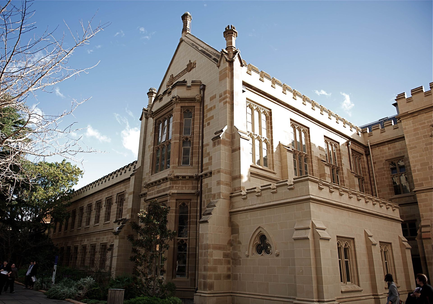
Apply to a foreign university with confidence
- Properly fulfilled documents
- Perfect motivation letter
- Support from a personal mentor
- Offers from several universities
Article score: 4.43 out of 5 (7 reviews)
Do you need a university degree? In this article, we will address the pros and cons of higher education.
Free consultation





Education and a diploma do not guarantee success to graduates — they merely open doors to opportunities:
Students often express dissatisfaction with their timetables, as they include numerous additional disciplines unrelated to their chosen specialization. For instance, actors and artists may study mathematical analysis, while linguists and lawyers might attend lectures on "Concepts of Modern Natural Science." Law, psychology, pedagogy, philosophy, sociology, and proficiency in one or two foreign languages are mandatory prerequisites that university students must grasp even before specialized subjects are introduced.
One might question whether it would be more beneficial to focus solely on theory and practical skills within the main subject. However, this is precisely what distinguishes university education from a narrow, specialized approach. Higher education aims to provide a comprehensive foundation across various disciplines. Such knowledge is often referred to as background knowledge or a background understanding. It serves to broaden horizons, foster critical thinking, and enhance the ability to formulate thoughts and draw conclusions.
Even in countries where students have the flexibility to choose additional courses, they often deviate from their core competencies. This is because they seek to explore new areas of interest and expand their skill set beyond the confines of their primary specialization.
Large universities provide laboratories and research centers, offering students an excellent opportunity to engage in independent research alongside mandatory coursework.
While not all students may have access to the entire infrastructure, enthusiastic learners are often encouraged to explore their interests and seek support from professors.
Education opens doors to exchange programs, internships, grants and scholarships, partially or fully funded by the government or universities themselves. These opportunities allow students to work or study abroad, providing invaluable experiences of cultural exchange, expanded horizons, and positive impressions.
To qualify for such programs, students must excel academically, demonstrate proficiency in a foreign language, and stand out among other candidates by building an impressive portfolio.

Many applicants have a fear of public speaking. Universities do a good job with this insecurity — students spend a lot of time communicating and speaking at seminars, defending research, term papers and theses, and taking oral exams.
Moreover, university student associations provide a valuable outlet for socialization. Students can find communities based on shared interests, skills, and hobbies. For example:
Participation in these activities enhances your communication skills, ability to influence people, self-presentation, and networking. These skills prove invaluable in both professional and personal life, be it at work or within the family.
Cramming for exams a week before the deadline can lead to excessive stress and potential burnout. In university, it is essential to plan in advance when and how to prepare for subjects. At the beginning of each semester, students receive a syllabus and reading list, aiding them in organizing their study materials. The university operates based on the principle of "do today and adapt tomorrow," emphasizing the fundamentals of effective time management.
Planning skills become particularly pronounced for students who are involved in additional activities such as sports, volunteering, scientific research, art, or other areas of interest. Managing multiple commitments alongside their studies strengthens their ability to prioritize tasks and allocate time efficiently.

60+ countries
we work with
$1,000,000 saved
by students through scholarships
6,400 offers
our students got